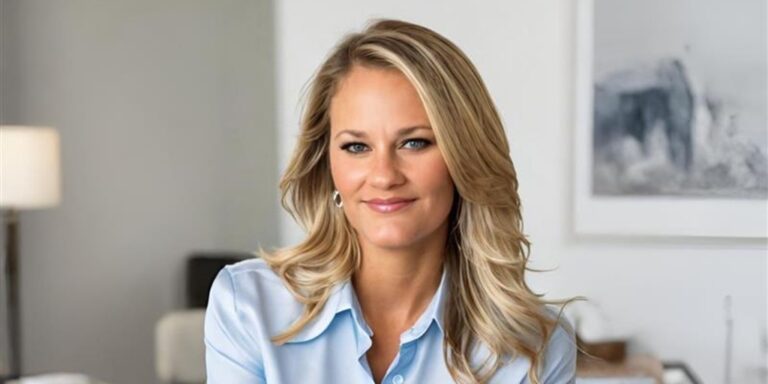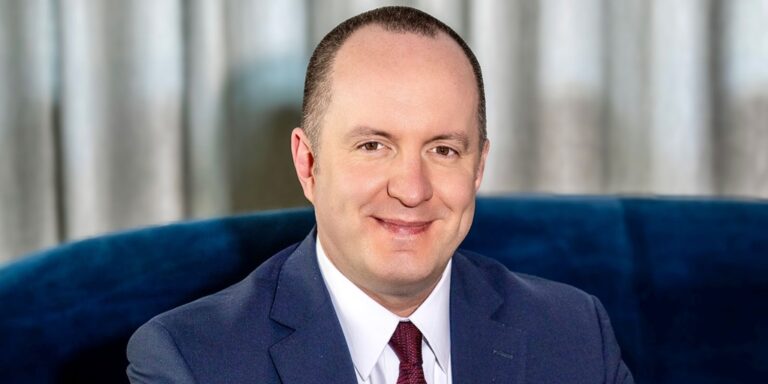How will the industry continue after the pandemic? (Photo credit: Pexels.com)
Citing the example of Asia, Mathieu Pollet, CEO and Co-founder of LoungeUp, reflects on the hospitality industry’s post-Covid19 operations, health security and communications.
The global Covid-19 crisis impacts our hotel industry in a unique way. The businesses that compose the industry have not merely slowed as in recessions gone by; they are simply at a complete standstill.
Even if we know that this near-total halt will last at least until we reach the downward phase of this epidemic and that populations are gradually being deconfined, it is interesting to think now about what the next steps in the course of this crisis could be and how to prepare for a way out of it.
The example of China?
China, where this epidemic began, is interesting to observe because the country is managing this crisis 1 to 2 months ahead of Europe, which is itself about 1 month ahead of America (what about Africa?). Shiji (Chinese technology group for “hospitality”) has published a study concerning the Chinese hotel industry which draws out two interesting points:
Firstly, a direct correlation between the evolution of the epidemic and bookings can be clearly seen. As the peak was reached and the epidemic started to wane, bookings slowly picked up again accordingly to reach a rate of increase of 30% per week (which is not particularly significant when we start from zero). One month after the peak was reached, bookings are, on average, a little more than a third of what they were before the crisis.
If we assume that this demand will resurface in much the same way in Europe, the challenge will then be for hotels to position themselves above this average. In other words, the challenge for each hotel will be to be the quickest to restart and be the first to reach 25, 50 then 80% occupancy rate. This has to be prepared for.
Health safety, a new criteria for choosing a hotel?
Once the epidemic has begun a downward trend and individuals slowly leave confinement, activities will gradually resume. Yet, until a vaccine is found or 60% of the population is immunised, the virus will still be a threat and travelers will be anxious not to contract it.
The chances are that we will all have a new concern in our daily lives: health safety, and we will be systematically asking ourselves in doing this or that activity, “Am I taking a risk of contracting Covid-19”? In this new context, hotels should therefore be urgently considering the measures that need to be introduced to guarantee this health security, which will most likely be a key factor of guest choice in 2020 and 2021.
Once again, Asia is an interesting case to examine as this region of the world has been sensitive to health issues for many years, a fact which has been brought to light since the beginning of the Covid-19 crisis in this region of the world.
The hotel and restaurant industry players in Asia are also interesting to study in terms of the measures taken to reassure their customers. For example, the Thai group Centara Resorts or the starred restaurant Tate in Hong Kong are communicating on their websites what measures have been taken:
Here are a few, by no means exhaustive, examples of the measures presented by Asian establishments that could be considered when reopening establishments in Europe (in addition to the cleaning measures that will need to be reinforced):
- Systematic temperature taking of staff and all customers (or even testing if a simple testing procedure becomes available)
- Wearing of masks becoming mandatory for staff and even guests
- Signposted routes in public spaces
- Replacement of certain equipment by disposables (napkins for example …)
- Reorganisation of rooms to ensure social distancing (distance between tables, screens between tables…)
- Reorganisation of table service to limit contact
- Limitation of restaurant or hotel occupancy
- Commitment to vacate rooms for 24 hours between guests (more?)
- Additional hand sanitising points
- Replacement of the breakfast buffet by room service
- Paperless check-in and online payment exclusively in order to avoid contact at check-out…
It is interesting to note that technological solutions could help to reinforce this health security by making certain processes that involve a lot of physical contact paperless. More generally, these health measures are not necessarily easy to implement because they involve changes to organisation, training, and supplies. Thus they must be introduced as soon as possible.
Communicate in a targeted way
As with any business, hotels must stay connected with their guests after their stay.
In this period of crisis, it is even more essential to remain extremely relevant in your communications and to balance the marketing pressure on customers in order to maintain contact over time (and thus avoid the opt-out).
It would therefore seem advisable not to send uniform communications to your entire customer base, as this would inevitably result in inappropriate messages.
A guest who cancelled 15 days ago, a French guest who booked for July, a New Yorker who stayed in a hotel 5 months ago… all these customers have very different concerns and constraints at the moment and it is, therefore, clear that it is necessary to adapt the message sent to them.
In the context of this crisis, the central theme of all communications is the presentation of the health measures taken to inform and reassure customers on this point.
Then, depending on the guest segment you are addressing, the message and any offers will have to be adapted. Here are some of the segments that our clients are considering for future communications:
- Guests who have recently cancelled due to Covid-19 and the closure of the establishment: encourage them to use their credit and reassure their health concerns for their next stay.
- Guests who have booked for the next 1 to 3 months: advise them about their cancellation rights and advise them to cancel at the last minute if really necessary.
- Guest having stayed occasionally in the past and living in the domestic market (in Spain for Spanish hotels for example)
- Regular guests residing in the domestic market or possibly in the enlarged domestic market (in Europe for European hotels) depending on government measures taken
The relevance of the message and its content is, of course, essential, but even more so it will be necessary to make these messages stand out from the other dozens of messages that consumers will receive, thanks to highly personalised subjects, such as the name and date of last stay in the subject of the message, in order to appeal to the recipients.
These highly personalised (and therefore relevant) communications will probably stand out and hold the attention of your customers who, if reassured, will be receptive to your proposed offers.
To sum up, we can hope, as is happening in Asia, for a resumption of bookings from the beginning of the downward phase of the epidemic (end of deconfinement?) but at a slow pace. In this new context, it is highly likely that guests will be very aware of health safety in establishments. The implementation of health prevention procedures is undoubtedly a prerequisite for communications with clients, which will have to be very targeted and relevant.
Without making unfounded predictions, we can expect that these actions, properly implemented in advance, will enable hotels to stand out and get back on their feet quicker than average. In the longer term, these good practices can only be beneficial for the operation of hotels.
Mathieu is a professional entrepreneur who is also the Cofounder of LoungeUp, a leading software company in guest relationship management focused on the hospitality sector.










